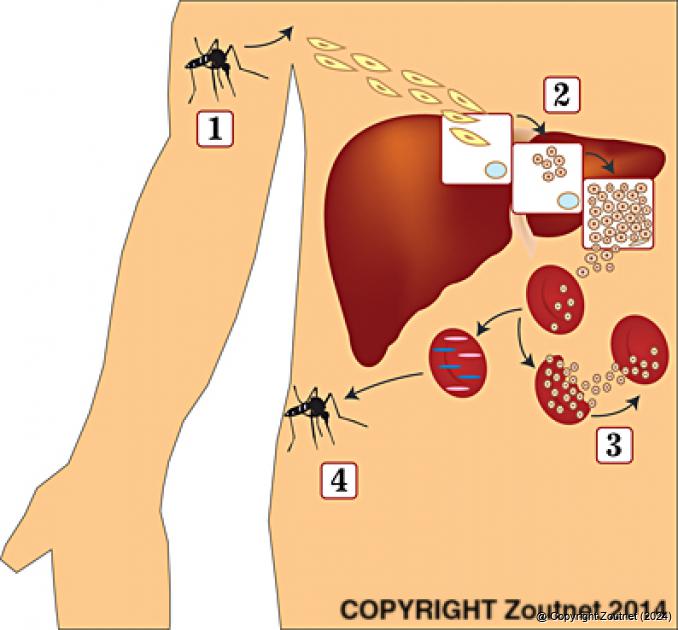

ADVERTISEMENT:

No reason to panic
The sudden peak in reported malaria cases in the Vhembe and Soutpansberg region is no reason for widespread panic – but rather for extra vigilance.
This was the message of not only the Limpopo Department of Health (DoH), but also a well-known farmer from the Tshipise area, Mr Howard Knott.
Knott spoke to the Zoutpansberger this week. He recently survived cerebral malaria.
Knott had been diagnosed with cerebral malaria on 22 March and had to spend two days in intensive care, receiving treatment. “It was a bumpy ride, and I still feel like I’m weighed down by the flu, even though I’m in the clear,” said Howard on Monday.
According to him, the whole Tshipise area is riddled with malaria. “People need to be aware and take the necessary precautions,” was Howard’s advice. He first thought that he might have a cold and received treatment almost too late.
Pharmacies and doctors in the Musina area also said this week that they had received an increase in the demand for medicine for this feared disease.
When the DoH was phoned for confirmation, several of their malaria control teams were busy in the field within the Tshipise and surrounding areas to control the outbreak. Departmental spokesperson Adele van der Linde said on Tuesday that their control teams were busy spraying long-term mosquito repellents as well as testing people in the area.
She confirmed that 911 malaria cases had been reported across Limpopo for the month of January and 957 during March. The exact number of cases for the Vhembe and Soutpansberg region had yet to be calculated at the time of our going to press.
She explained that the DoH first saw a sharp increase in malaria cases in the eastern parts of Mopani, before this trend shifted towards the Vhembe region during the first two weeks of April. “But people should remember that the Limpopo province is a malaria-endemic province and that they should always be alert,” said Van der Linde.
This sudden, in fact out-of-season, increase can be attributed to the unexpected high rainfall in the region. More rain means more mosquitoes, which are the carriers of the malaria parasite. The outbreak is currently under control because the DoH already has yearly intervention measures in place. During peak malaria seasons, the DoH sends control teams to treat residential areas as part of their indoor residual spraying (IRS) programme.
Even so, malaria deaths still occur, despite the fact that it is a curable disease. Howard echoed the advice of several local doctors who were approached by the newspaper this week: “Don’t play around – if you suspect that you might have malaria, seek medical care immediately!”
“I’m happy with our government’s malaria programmes, but one simply does not know what happens across our borders,” said Makhado (Louis Trichardt) pharmacist Mr Louis van den Heever.
Van der Linde’s advice for residents was to seek medical care from a primary medical facility or DoH clinic. Malaria is a disease that quickly deteriorates into servere or complicated malaria if not treated within the first two or three days of its onset. Travellers and tourists who visited a high-risk area and who present flu-like symptoms should seek immediate medical attention.
With World Malaria Day observed on Friday, 25 April, the Limpopo DoH will celebrate the fact that malaria incidence was lowered to between 1 384 and 4 735 cases since 2007, with between 20 and 49 deaths reported per season during this period.
According to Van der Linde, the smallest number of malaria cases for the past 15 years were reported during 2012/13.
News - Date: 17 April 2014

Recent Articles
-

New Lukwarani leader may be blind, but has bright vision for his people
14 April 2024 By Elmon Tshikhudo -

Teach women to farm and they will change the world, says young farmer
14 April 2024 By Anton van Zyl -

-

Elim family fed-up with VDM's inability to fix sewer
13 April 2024 By Kaizer Nengovhela
Search for a story:

ADVERTISEMENT


Isabel Venter
Isabel joined the Zoutpansberger and Limpopo Mirror in 2009 as a reporter. She holds a BA Degree in Communication Sciences from the University of South Africa. Her beat is mainly crime and court reporting.
Email: [email protected]

ADVERTISEMENT:

